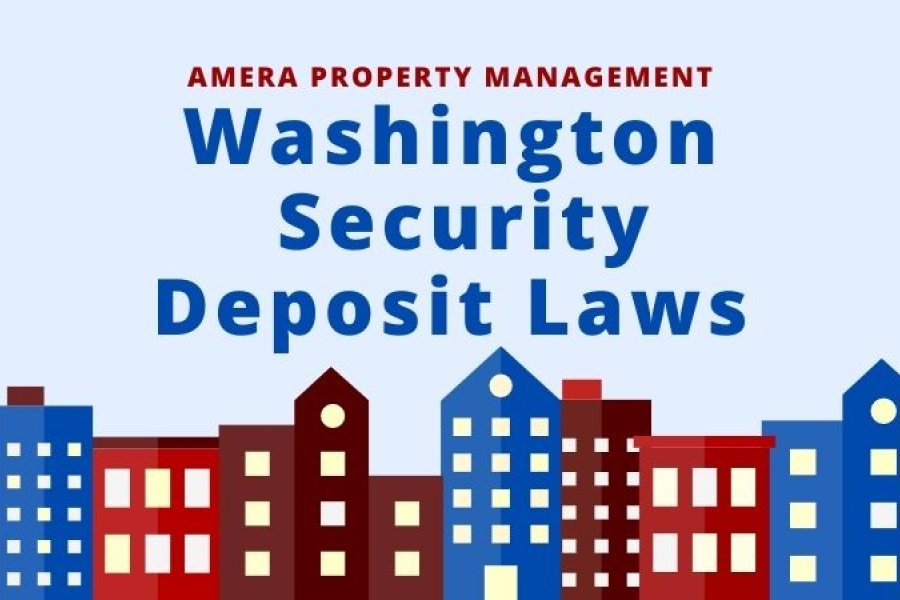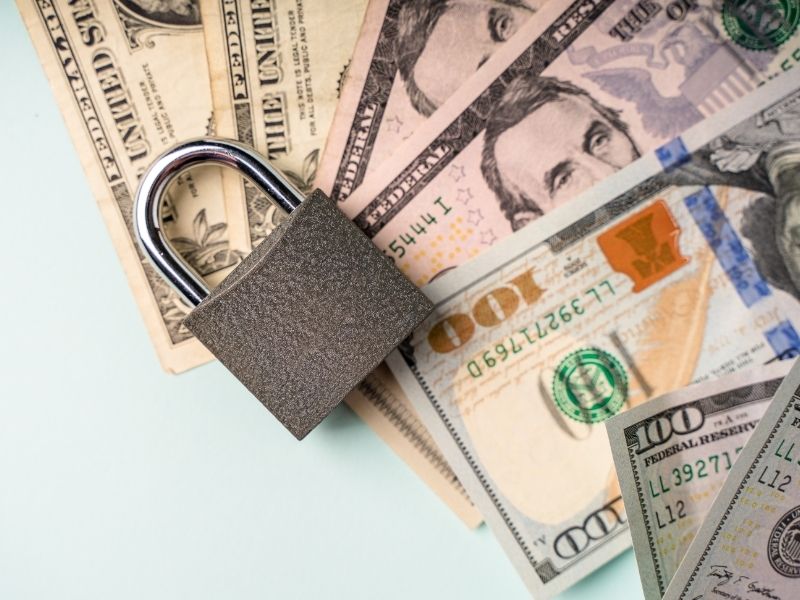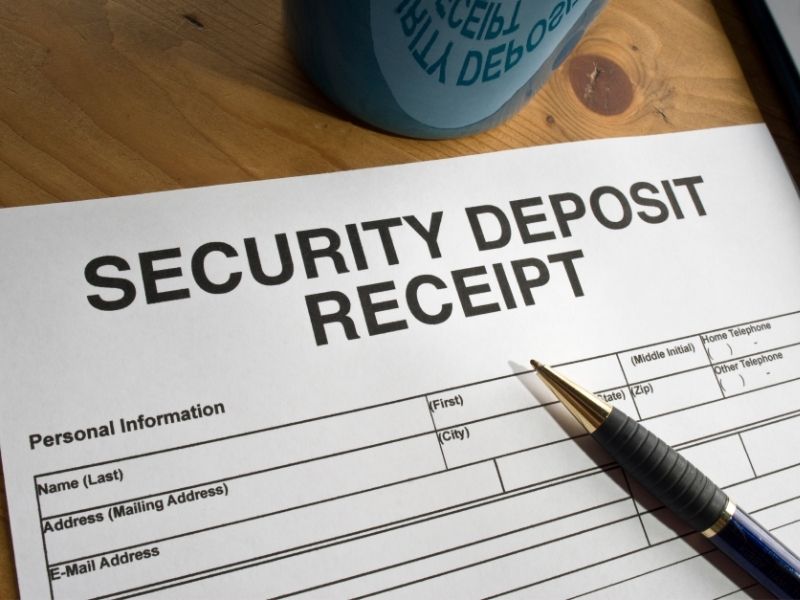
Conflicts and disagreements between landlords and tenants are quite common. A tenant may move out thinking that they've left the unit in great condition. However, the landlord may hold a contrary opinion.
Among the many landlord-tenant laws in Washington is the security deposit laws. As a landlord, you must abide by it when it comes to handling your tenant’s security deposit.
The following is everything you need to know about the Washington Security Deposit Laws.

1. Is there a limit to how much a landlord can charge for a security deposit in Washington?
In some states, landlords aren’t allowed to surpass a certain limit when it comes to security deposits. However, this isn’t the case in Washington. Essentially, this means you can charge whatever amount you like.
But as a landlord, you certainly understand the importance of charging your tenants reasonable fees. Overcharging your tenants will only make your unit less desirable to prospective tenants, thereby increasing your vacancy rates.
As a general rule of thumb, you shouldn't ask tenants to pay a security deposit that's more than 2x the monthly rent. This should be enough to cover any issues that may arise during the tenancy, such as property damage and unpaid bills.
2. Do Washington tenants have a right to a move-in inspection?
Yes they do. To begin with, Washington laws require that landlords have written leases with their tenants. You must also state the reason why you may withhold a tenant’s security deposit.
Furthermore, you must provide your tenant with a written checklist that states the property’s condition. Both you and your tenant must then sign it.
Please note that failing to do this can warrant punitive damages. Specifically, your tenant could be entitled to the return of their deposit, plus attorney’s fees and court costs.
3. Can Washington landlords charge nonrefundable fees?
In Washington, all security deposits are deemed to be the tenant’s property. As such, it’d be unlawful to make a deposit nonrefundable. That said, however, you may be able to charge your tenants separate nonrefundable fees.
For example, if you allow pets, you could charge the tenant a nonrefundable pet fee.
You must adhere to certain rules when charging nonrefundable fees. The rules are as follows:
• You must clearly state them in the lease or rental agreement.
• You must state the purpose of the fee and that it is not refundable at the end of the lease term.
If you don’t state these two fundamental things, the nonrefundable fee automatically becomes part of the security deposit. This means you must return it when the tenancy is over.
Do landlords in Washington have store their tenant’s deposit in certain ways?
Yes. You have three options when it comes to storing your tenant’s security deposit. One option is to store it in a trust account. You must set up the account and use it only to store your tenant’s security deposit.
The other option you have is to store it in a state or national financial institution. Such institutions include credit unions, savings and loan associations, trust companies, and banks.
And lastly, you have the option of placing them with an escrow agent. The agent must be licensed and located within the State of Washington.
It’s also worth noting that if the account is interest-bearing, then the landlord becomes the sole beneficiary. The only exception to this is if you agree in writing to different terms with your tenant.
Do you have to provide your tenant with a written receipt after receiving their security deposit?
Once you have collected and stored your tenant’s deposit, you must provide your tenants with a written notice. In the notice, you must state the amount received, and where you’re storing it.

You must again notify your tenants in writing if you decide to move it to another financial or banking institution.
What are some reasons a landlord can withhold part or all of the security deposit?
As a landlord, you may be entitled to keep some or all of your tenant’s security deposit under certain situations. Some of the most common reasons for keeping a tenant’s security deposit in Washington include:
• Unpaid rent. Tenants are responsible for paying all rent due under the lease. This is regardless of whether they're living there or not, up until the lease ends, they break the lease, or they're evicted.
• Damage in excess of normal wear and tear. As a general rule of thumb, tenants must return their property in the same way they found it – minus normal wear and tear. If they don’t, you have every right to make appropriate deductions from their security deposit.
• Unpaid utilities. This is also another breach of the lease agreement that may cause you to lose money. Tenants have a responsibility to clear their utility bills when moving out, and if they don't, you can pay the bills with their deposit.
Do tenants in Washington have a right to a walk-through inspection?
In Washington, walk-through inspections aren’t required prior to a tenant moving out. However, both parties to the lease are required to sign off on a checklist that describes the property’s condition at the start of the tenancy.

When must landlords return their tenant’s security deposits?
Once your tenant moves out, you have 14 days to return part or all of their deposit. If you have reason to withhold part of their deposit, you must include a written notice stating the amount withheld and the reason for it.
Wrongfully withholding your tenant’s deposit can make you liable for up to 2x the amount, plus reasonable attorney’s fees and court costs.
What happens if the property changes hands?
In this case, you must transfer your tenant’s deposit to the new owner. The new owner will then become responsible for storing the tenant’s deposit as required by Washington statutes.
Disclaimer: This information isn’t a substitute for expert legal advice. If you have a specific question, please get in touch with a qualified attorney or an experienced Washington property management company.
